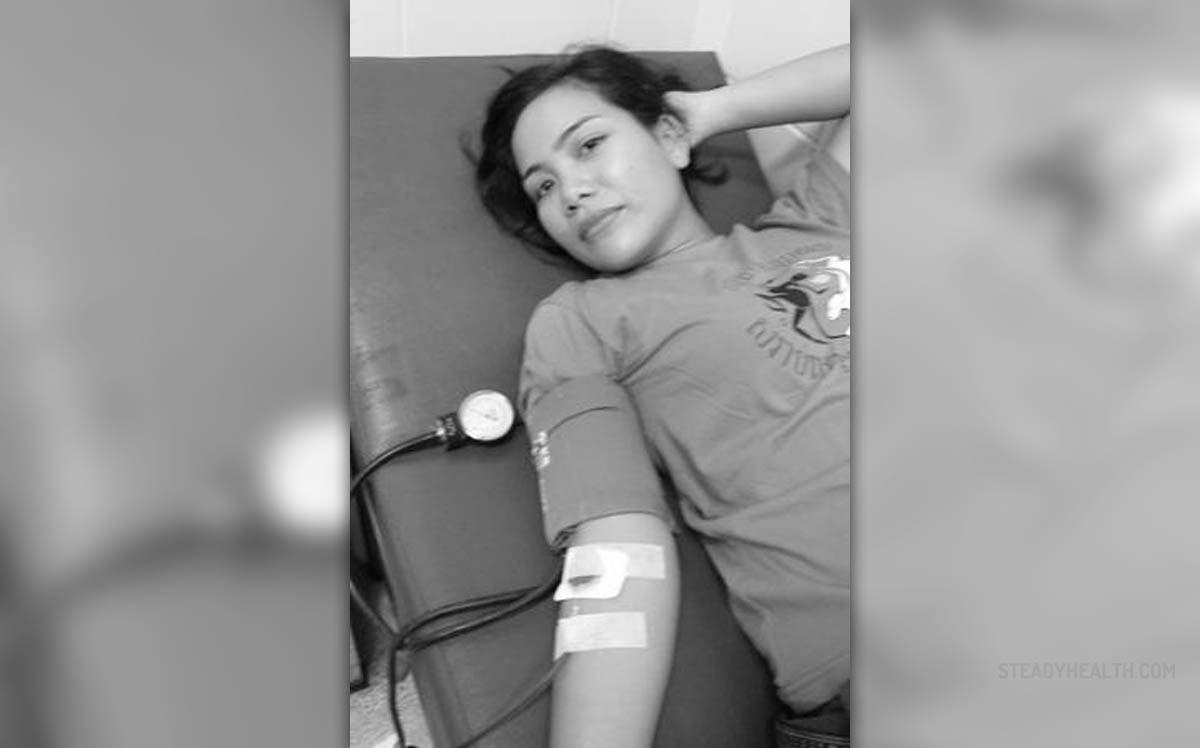
A blood type is a classification of blood based on the presence or absence of inherited antigenic substances on the surface of the red blood cells. Blood type is an inherited feature, and represents contributions from both parents. The International Society of Blood Transfusion currently recognizes 30 major blood group systems.
Blood types
The most important blood-group system in human-blood transfusion is the ABO system, associated with very important antigens called A and B. Each human individual has either one or both or neither of the red blood cells. A person with blood group A is so because he or she has an antigen A. Antigen B makes one's blood group B. If an individual has both antigens, then they are in group AB. If they have neither, the blood group is O. This way, blood groups A, B, AB and O have antigens A, B, A&B and 'none' respectively.
Rh blood group system is another significant blood-group system in human-blood transfusion. This system currently describes about 50 antigens. The commonly used terms Rh factor, Rh positive and Rh negative refer to the D antigen only. This antigen is the most significant antigen because it is the one most likely to provoke an immune system response out of all five main Rh antigens. The presence or absence of the Rh antigens is normally signified by the + or – sign. Individuals with Rh-positive blood can receive transfusions from donors with Rh-positive and Rh-negative blood. Individuals with Rh-negative blood can only receive transfusions from donors with Rh-negative blood.
The importance of blood types
During the transfusion process, blood matching must be accurately done. In other words, the donor’s blood has to be compatible with the recipient’s blood. If a person with blood type B receives blood from the donor with blood type A, the anti A antibodies will stick to the A antigens on the donated red blood cells. The outcome can be fatal.
The universal blood donor
Every individual with the blood type O Rh D negative is considered a universal blood donor. When the universal blood donor donates blood for a person with any other blood type, an immune reaction between the recipient's anti-agent antibodies and the transfused red blood cells is not anticipated.
However, even type O negative blood may also have antibodies that cause serious reactions during a transfusion. This happens because the relatively small quantity of plasma in the transfused blood contains anti-A antibodies, which could react with the A antigens on the surface of the recipients red blood cells. These reactions are extremely rare. In cases of emergency, or when there is no matching blood type on supply, doctors always use type O negative red blood cells.


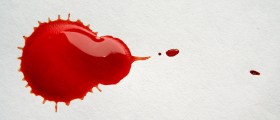


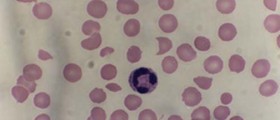

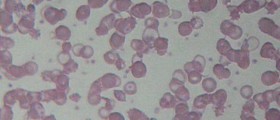

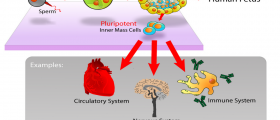




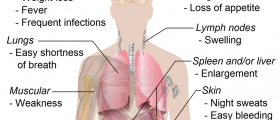
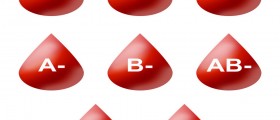
Your thoughts on this
Loading...